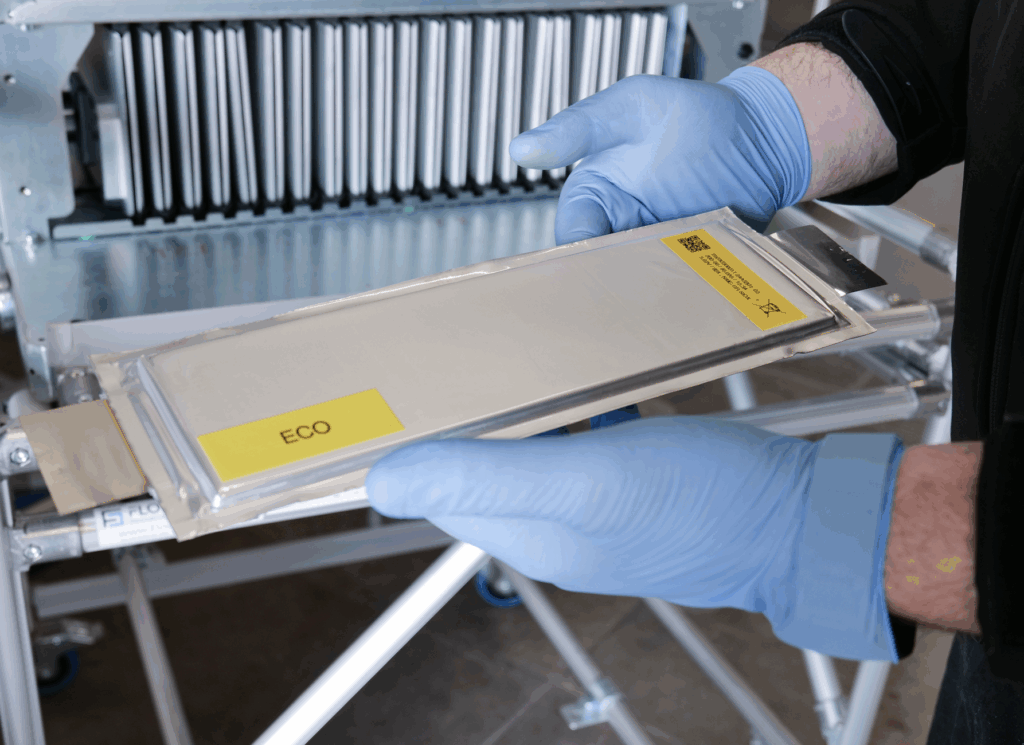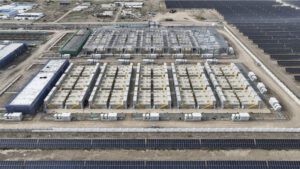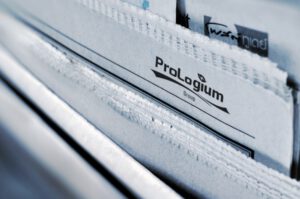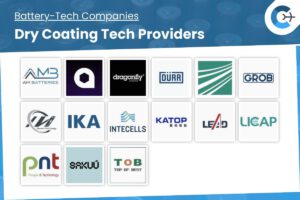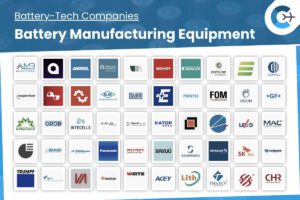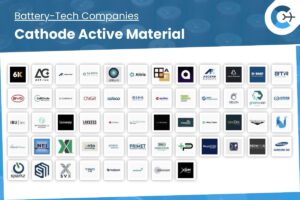Altilium, a UK-based clean technology group focused on supporting the transition to net zero, and global luxury car manufacturer JLR will demonstrate the UK’s first electric-vehicle battery cells made with recycled cathode active materials at Cenex Expo 2025. Supported by the Advanced Propulsion Centre UK’s Advanced Route to Market Demonstrator initiative, the collaboration represents a significant step toward establishing a circular economy for EV batteries in the UK.
At Cenex Expo, the partners will present multilayer pouch cells featuring automotive-grade NMC 811 chemistry, produced using Cathode Active Material (CAM) recovered from end-of-life EV batteries via Altilium’s EcoCathode™ process. This recycled CAM meets upcoming EU Battery Regulation targets for minimum recycled content—26% cobalt, 12% lithium and 15% nickel—earmarked for 2036 compliance.
Initial electrochemical testing has shown that these cells perform on par with those made from virgin materials. They are now undergoing comprehensive validation at JLR’s battery testing facilities. An independent life-cycle assessment by sustainability consultancy Minviro indicates that, compared with cells using newly mined materials refined in Asia, production using 100% recycled CAM could lower greenhouse gas emissions by 32%. Additional reductions include 30% less particulate matter formation, a 58% decrease in freshwater ecotoxicity and a 38% decline in metal and mineral resource impacts.
In addition to multilayer cells, the demonstration will feature single-layer pouch cells that incorporate 100% recycled cathode and graphite anode materials, illustrating a fully circular approach. Altilium’s EcoCathode™ technology recovers more than 95% of cathode metals and over 99% of graphite from battery waste, upcycling the metals into high-nickel CAM and purifying graphite for direct reuse in anode production.
Dr Christian Marston, COO and Co-founder of Altilium, commented:“This is a major technical breakthrough and a vote of confidence in the UK’s ability to lead in battery recycling. We’re taking the first steps to prove that recycled materials can meet performance standards required by the automotive sector, while dramatically reducing emissions and reliance on imported raw materials.”
Dr David Sellick, Product Sustainability Propulsion SME and JLR project lead, said:
“This project reinforces JLR’s leadership in sustainable innovation, marking a significant step forward in reducing the environmental impact of the largest contributor to an EV’s carbon footprint – the battery cell. Our clients expect uncompromising performance, and this collaborative initiative demonstrates that sustainable practices and innovation can go hand in hand.”
A virtual reality model of the Jaguar I-PACE battery pack will also be on display, illustrating how the recycled-content cells integrate into a production design environment.
Source: Altilium Tech

